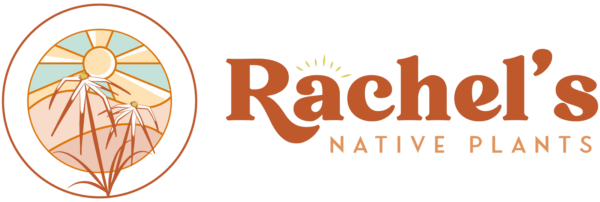North Carolina Imperiled Plant Regulations & Related information
North Carolina is one of the most ecologically diverse states in the southeast. This diversity is exhibited by more than 4000 native plant species found from the sandy dunes of the coast to the tops of our tallest mountains.
The beauty of our state has brought an expanding population, with need for agricultural and urban development to support us. Our activities have meant that much of what once grew in abundance has been lost. Native plant habitat has also been lost to
- Timbering
- Wetland drainage
- Fire suppression
- Collection of plants for medicinal or ornamental purposes
The plants listed by the NCPCP are not only rare, but are imperiled by the loss of habitat and over-collection. Plants are collected because of their perceived economic value, medicinal properties, or as curiosities. Some poachers collect rare plants simply because they are rare.
Any collection of imperiled plant species from private property without permission from the property owner, for whatever the reason may be, further endangers the remaining plants — and is against the law, carrying the possibility of fines and/or jail time.
Endangered, Threatened, and Special Concern species
The NC Plant Conservation Board, with input from the Scientific Committee, is charged with the responsibility to maintain a list of endangered, threatened, and special concern plant species in North Carolina.
Among the plants in North Carolina that are described as rare, which we generally refer to as imperiled, are those classified as Endangered, Threatened, and Species of Concern. There are 421 plant species protected by NC Plant Conservation Program regulations, and 65 of those species are currently protected on Preserves.
Regulations
North Carolina regulations specify that activities such as collecting from land other than your own, selling or trading protected plant species requires a permit or certificate of origin issued by the NC Department of Agriculture & Consumer Services. The information below summarizes the regulations [02 NCAC 48F .0400] and operational procedures into a written description as well as a flowchart below to help you determine if your activities will require a protected plant permit/certificate of origin or not. If you have any questions, you may contact us directly at (919) 707-3758.
Collecting: A protected plant permit is required when rescuing or collecting (scientific collections included) protected plants species on land you do not own- even with land-owner permission. This is true for whole plants as well as plant parts (i.e. seeds, leaves, rhizomes, etc.). If you are collecting protected plants or plant parts from your own property and NOT selling or giving them away, then no permit is needed.
Acquiring/Purchasing: Individuals who purchase protected species to plant in a home garden do not need a permit; however, a permit IS needed (1) to acquire and relocate a protected species in a non-garden setting–this includes rescuing plants, (2) to propagate, or (3) to re-sell, auction, or otherwise give away a protected species. All commercial operations regarding purchase of protected plant species will require a certificate of origin.
Propagating and/or Offering (Selling/Trading/Bartering/or Exchanging): No wild collected protected plants (or plant parts) may be offered for sale or trade. Only propagated stock may be sold, traded, or otherwise exchanged, even if for free. All commercial operations must acquire protected plant permits or certificates of origin for each protected plant species they propagate and sell. These forms are obtainable through the NCDA&CS nursery inspector assigned to your county. All individuals, non-profit organizations, and exempt entities will also require protected plant permits to sell plants with protected status.
Full details on the permit process are available HERE or by calling the NCPCP office: 919-707-3755
Definitions
Imperiled: a native plant on the endangered or threatened list.
Endangered: any species or higher taxon of plant whose continued existence as a viable component of the State’s flora is determined to be in jeopardy by the NCPCP Board; also, any species of plant determined to be an “endangered species” pursuant to the Federal Endangered Species Act.
Threatened: any resident species of plant which is likely to become an endangered species within the foreseeable future throughout all or a significant portion of its range, or one that is designated as threatened by the Federal Fish and Wildlife Service. (1979, c. 964, s. 1.)
Special Concern-Vulnerable (SC-V): means any species or higher taxon of plant which is likely to become a threatened species within the foreseeable future due to pressure from collecting, development or other threats.
Special Concern-Historical (SC-H): means any species or higher taxon of plant that occurred in North Carolina at one time, but for which all known populations are currently considered to be either historical or extirpated.
Protected plant: a species or higher taxon of plant adopted by the Board to protect, conserve, and/or enhance the plant species and includes those the Board has designated as endangered, threatened, or of special concern.
